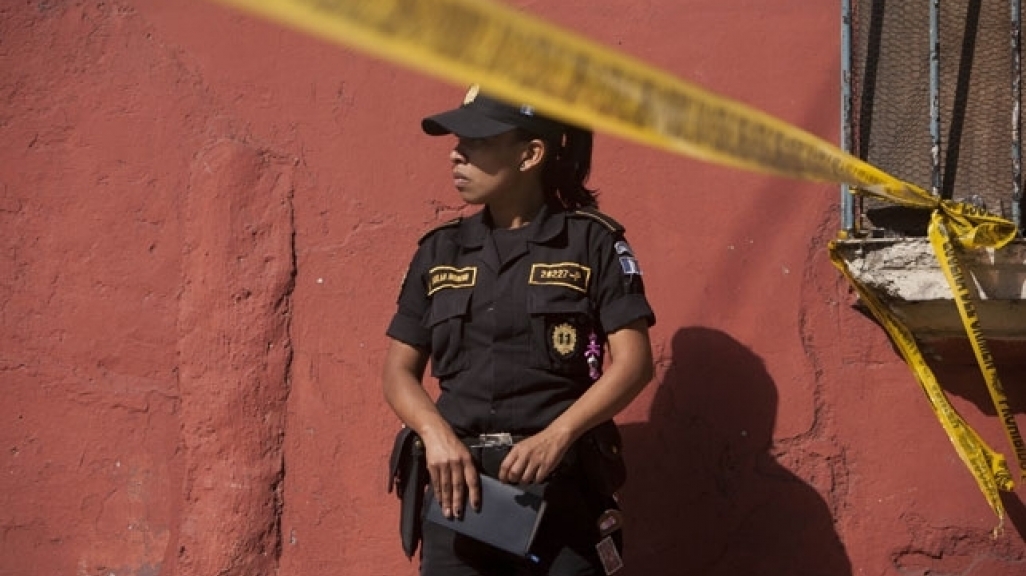Learning from a Troubled Gang Truce
Learning from a Troubled Gang Truce
El Salvador’s failed pact provides security lessons to other Central American countries, writes AS/COA's Carin Zissis for U.S. News & World Report.
A wave of Central American children crossing the U.S. border caused President Barack Obama to label the crisis an “urgent humanitarian situation” earlier this month. With more than 50,000 unaccompanied minors making the dangerous journey since October last year, the tide of migration also draws attention to the crisis these children leave behind. Most come from El Salvador, Guatemala and Honduras, a crime-addled area considered one of the most dangerous regions in the world.
But despite bleak crime figures, one country — El Salvador — experienced a notable drop in homicides after a 2012 gang truce. Over time, the agreement between the gangs Mara Salvatrucha and Barrio 18 frayed and, last month, then-President Mauricio Funes declared the truce dead. His successor, Salvador Sánchez Cerén, has disavowed it as well. Still, the truce offers a chance to examine lessons learned in combating the violence leading young Central Americans to seek escape.
The agreement began in March 2012, when Mara Salvatrucha and Barrio 18 leaders were transferred from maximum-security prisons to lower security ones....
Read the full article in U.S. News & World Report's online opinion section.








